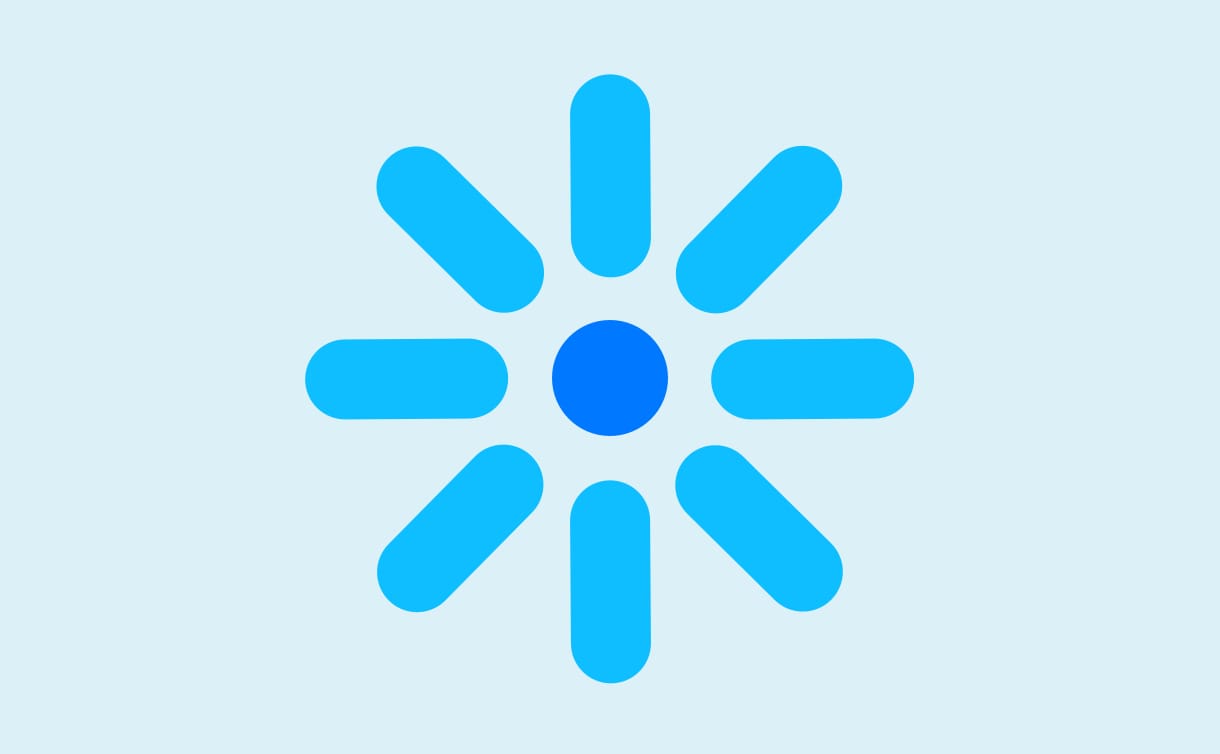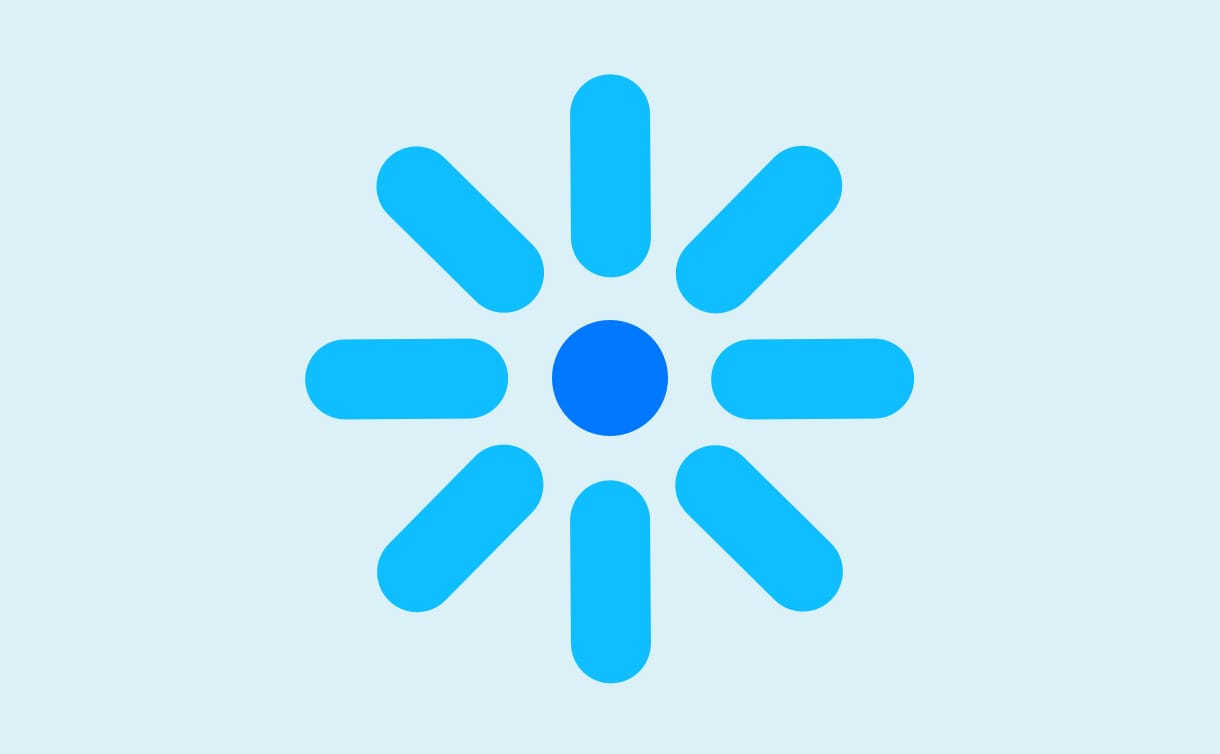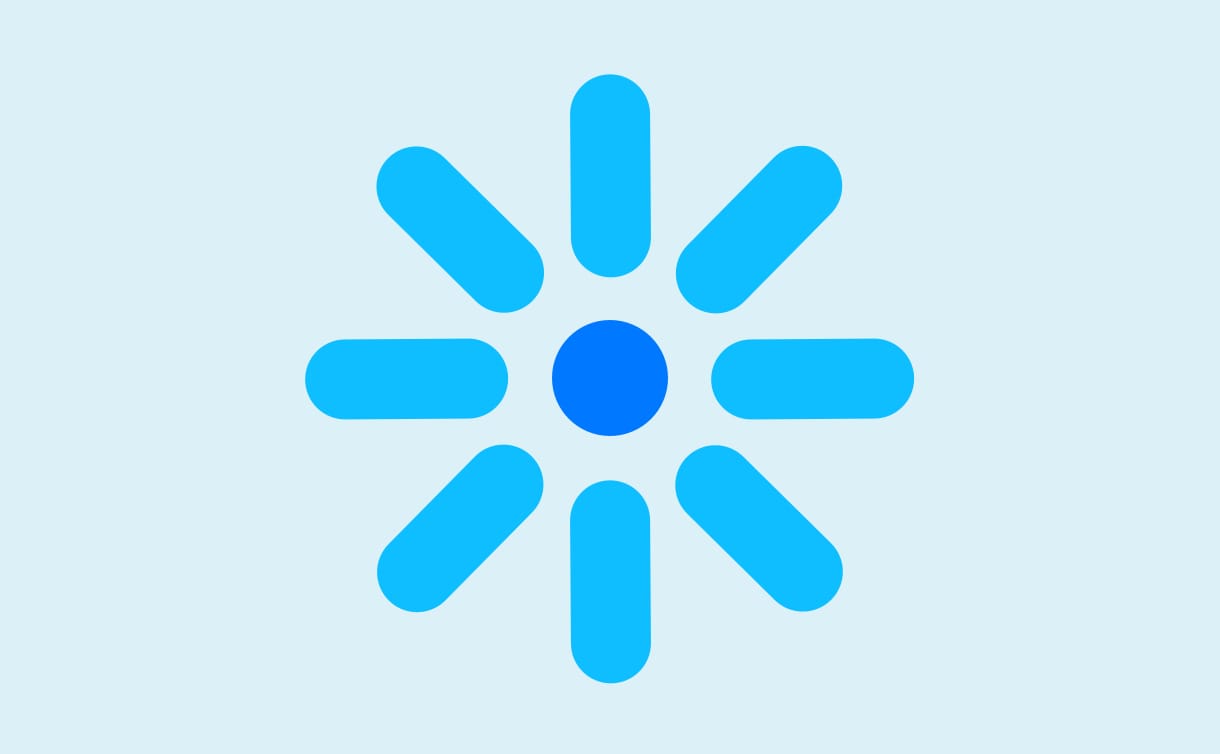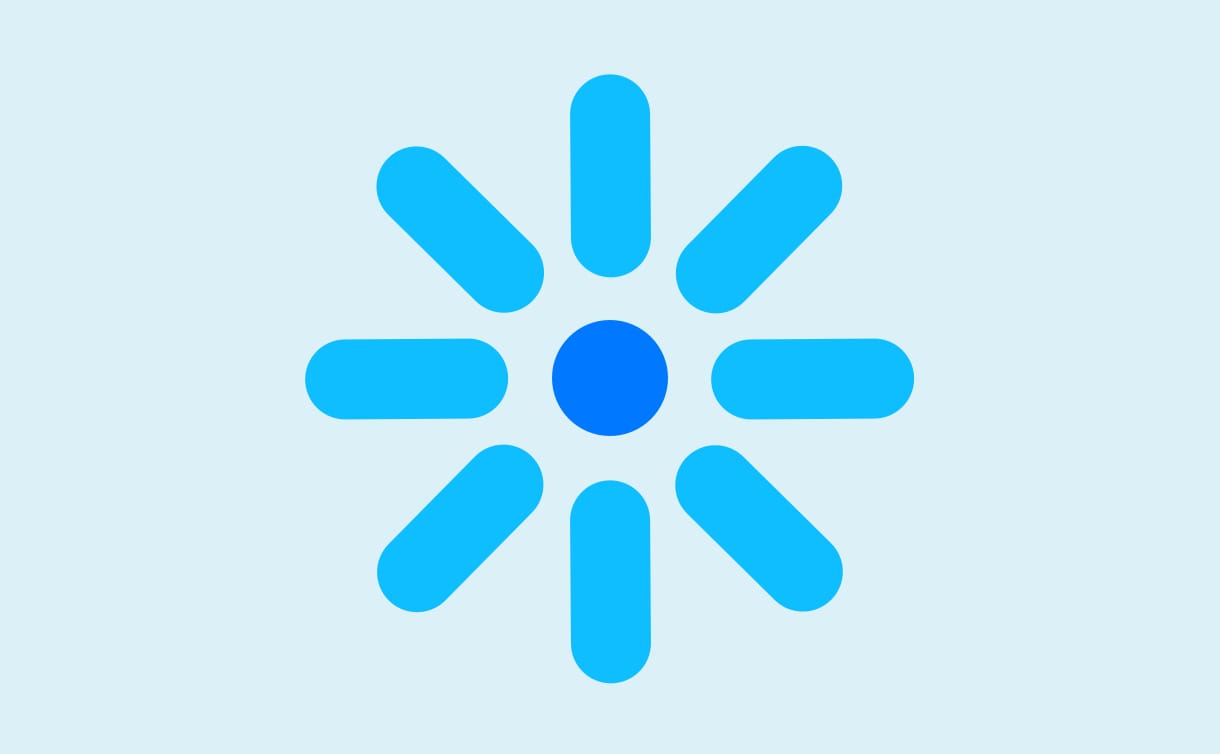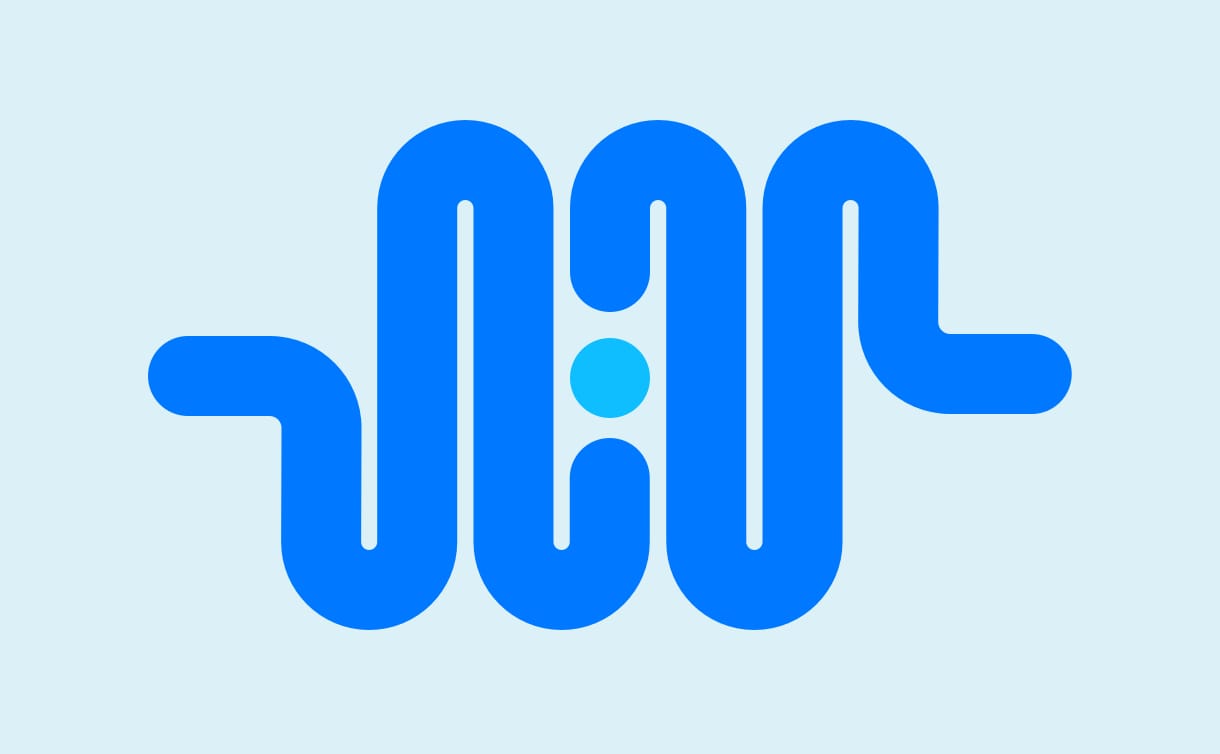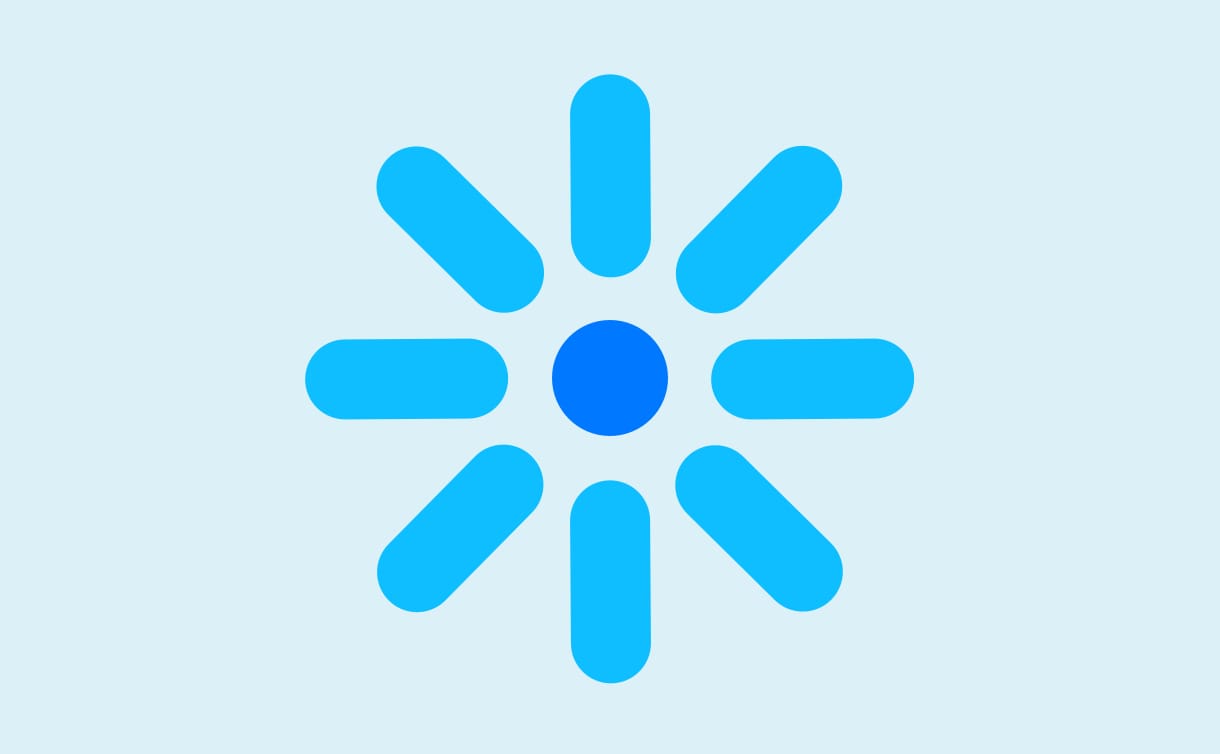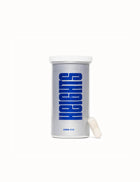
Heights for Pros: Nutrition and the brain
It’s easy to find out what vitamins and minerals your brain needs. It’s harder to find out how to get them.

At Heights, the science is important. It’s what motivates us, and if we didn’t use it as the base of everything we do, we wouldn’t be able to put your brain first. We want to build a community among dietitians and nutritionists to cultivate discussion and research in the field, and raise the bar when it comes to the quality of supplements.
In our second Heights for Pros event , Chief Science Officer Dr. Tara Swart and Head of Nutritional Research Sophie Medlin spoke about the ways that nutrition can affect the brain. They covered topics including the specific nutrients required and why, as well as how to fit those into a dietary framework.
Take a look at the full recap below.
The vitamins and minerals your brain needs
It shouldn’t be a surprise that your brain requires a lot to keep it going. But the scale is remarkable. It accounts for roughly 2% of your body weight, but can consume as much as 20% of all calories consumed .
But on top of just calories, it also needs a wide variety of nutrients. As a guide, you can break them down into four categories.
1. Vitamins: Vitamin A, B complex, vitamin C, vitamin D, vitamin E
2. Essential fatty acids: Omega 3 DHA, omega 3 EPA
3. Trace minerals: Iron, zinc, selenium, chromium, iodine, magnesium, copper, potassium
4. Anthocyanins (including blueberry polyphenols)
This combination of nutrients promotes everything from energy production to cell signalling to emotional processing. They also help produce the DOSE neurotransmitters. These four chemicals combine to help the brain perform at its best:
Dopamine—Associated with pleasurable sensations, along with learning, memory, motor system function, and more
Oxytocin—Plays a role in social bonding, reproduction, childbirth, and the period after childbirth.
Serotonin—A complex and multifaceted biological function, modulating mood, cognition, reward, learning, memory, and numerous physiological processes.
Endorphins—Released into the bloodstream to elicit the feeling of euphoria, enhance pleasure, relieve tension, and reduce feelings of discomfort.
How to get the best nutrition for your brain
If you’re committed to a good, balanced diet, you can get all of these nutrients from food alone. One of the best ways to do that is to follow the MIND diet, which stands for Mediterranean-DASH intervention for neurodegenerative delay. You can see why they gave it an acronym.
The MIND diet is a hybrid of two largely excellent dietary programmes—Mediterranean and DASH—and is focused on prioritising brain health. In reality, it’s less of a strict dietary regime, and more of an approach to nutrition, with a particular emphasis on the following ingredients.
-
Green, leafy vegetables
-
Whole grains
-
Nuts and seeds
-
Berries
-
Beans and legumes
-
Fish
-
Poultry
-
Olive oil
-
Wine
-
Naturally fermented food (such as sauerkraut and kombucha)
MIND eating also suggests limiting intake of:
-
Red meat
-
Processed meat
-
Butter
-
Cheese
-
Free sugars
-
Fast food
However, closely following the MIND diet isn’t always possible, particularly where restrictive diets and lifestyle factors come into play. For example, a vegan won’t be able to get any omega 3 from fish, so when recommending the diet, it’s important to consider where missing nutrients might come from.
It’s also important not to assume that a patient, regardless of their current diet, isn’t lacking in certain nutrients. We conducted a nutrition study , and found that low vitamin levels are wider spread than you might think. Of our samples, 70% were lacking in thiamine, 71% were lacking in vitamin D, and a whopping 88% weren’t getting enough riboflavin.
Bringing it all together
Towards the end of the discussion, we distilled the main messages into 5 key points to take away.
1. Keep your eyes open for the 5 big struggles
Focus, mood, energy, sleep, and brain fog. All of these can be signs of nutrient shortages, so as a professional, it’s absolutely vital that we screen patients for each one.
2. Don’t assume everyone’s getting their B vitamins
A lot of perceived wisdom about B vitamins dates back decades. More recent research suggests that vitamin shortages are more common than you might think, so don’t rule it out.
3. Use the MIND diet as framework
This is particularly good for those thinking about the brain, or anyone struggling with their mental health and performance. It can be an excellent framework for helping people to adopt a healthier lifestyle.
4. Advocate eating in a brain-first way
Consider your nutrition from a perspective that centres around the brain. This should help diagnose issues, and also help find suitable treatments.
5. Food first but…
Many factors affect people’s ability to follow a diet—money, time, medical conditions, and more. In those situations, high-quality supplements can be a good way to ensure that daily quantities are met.
Nutrition and brain health go hand in hand. Getting the right nutrients can have a material impact on each of the biggest struggles we’ve identified: sleep, energy, focus, mood, and brain fog.
If you want to watch the whole discussion on Nutrition and Brain Health , you can find it on our Youtube channel. You can also watch the first Heights for Pros event— How to spot a quality supplement .
Know your own mind?
The average brain health score is 51/100. Take our 3-minute quiz to learn how yours measures up and how to boost it.














